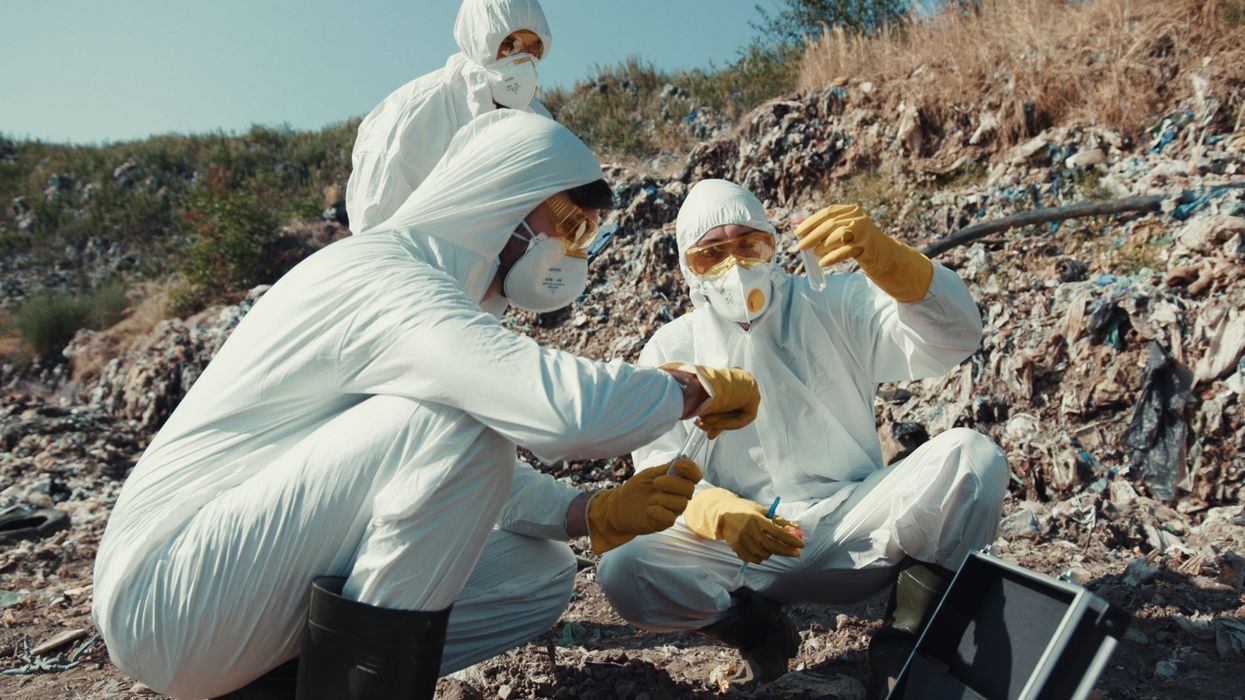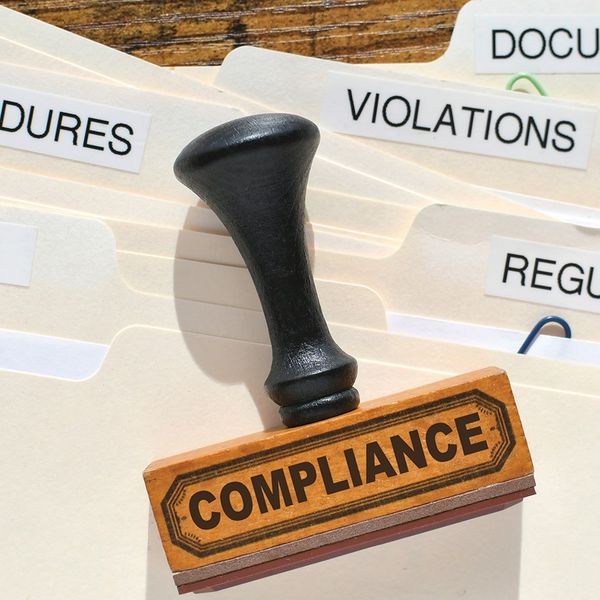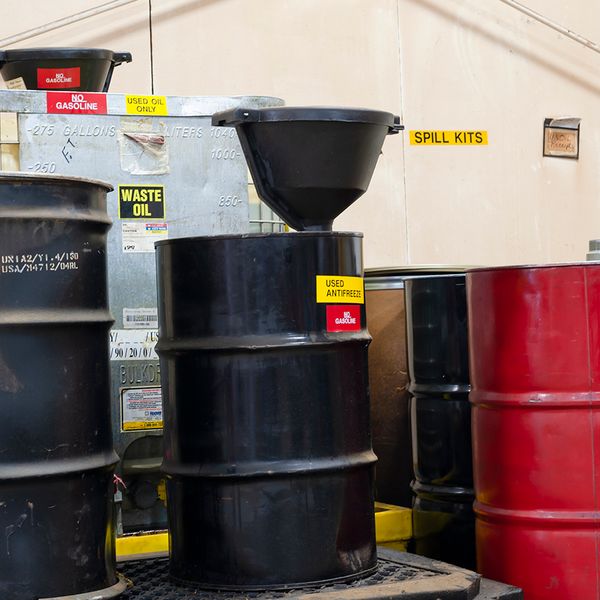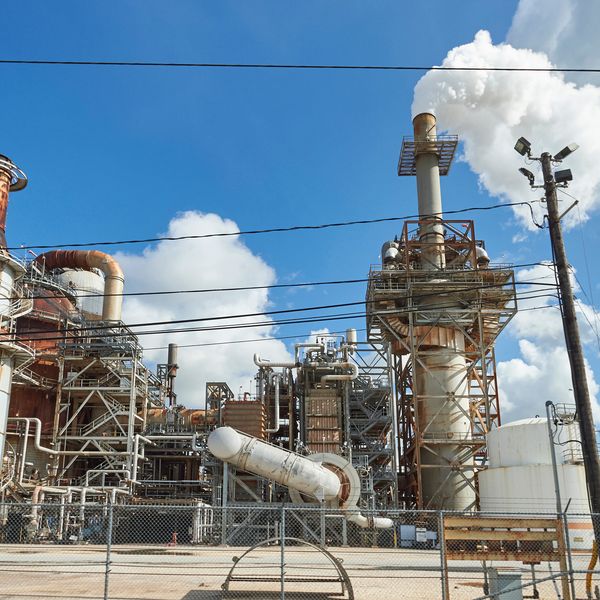Two companies prove wrongful disposal of hazardous waste comes at a cost
On August 10, 2022, a California hotel company was ordered to pay $535,000 in civil penalties, costs, and additional projects from environmental violations. Instead of storing, transporting, and disposing of hazardous waste at permitted hazardous waste facilities, the hotel company illegally disposed of the waste in the trash. They then transported it to local landfills that were not allowed to receive this waste. The hazardous waste included batteries, electronic devices, ignitable liquids, aerosol products, cleaning agents, and other flammable, reactive, toxic, and corrosive materials.
A New Jersey company on the opposite side of the country faced a similar situation. On August 15, 2022, the oil and gas company was ordered to pay the state $9.5 million to resolve a hazardous waste lawsuit. The 2019 lawsuit focused on dumping activity that happened at the company’s more than 12-acre property. This property sits on a tidal area of the Delaware Estuary. It is directly linked to the Mantua Creek. This Creek flows into the Delaware River.
In the late 1950’s, the company used the property to dispose of drums filled with petroleum, polychlorinated biphenyls (PCBs), and other hazardous substances. They discharged all of this into the waterways and wetlands. Even though remedial action was done, the lawsuit found that PCBs remained on the property and in the tissue of sampled fish nearby. Remedial action included excavation and removal of nearly 86,000 cubic yards of contaminated soil and sediment.
In both cases, the companies disposed of their hazardous waste improperly. These actions came at a huge cost. The Resource Conservation and Recovery Act (RCRA), passed in 1976, was established to set up a framework for the proper management of hazardous waste. Applicable companies must follow the regulations set forth in RCRA Subtitle C. Many hazardous wastes can be recycled safely and effectively. Other wastes will be treated and disposed of in approved landfills or incinerators. A company may think that once they discard hazardous waste that it is out of sight and thus out of mind, but clearly that is not always the case.
Key to remember: Even if employees improperly dispose of hazardous waste from lack of training, the company can be held liable.























































